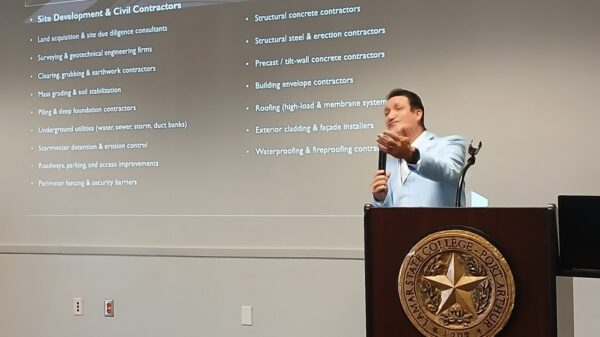A recent study from the 2025 Stack Overflow Developer Survey reveals that while a significant number of programmers are incorporating artificial intelligence (AI) into their daily workflows, their trust in these tools remains notably low. The survey, which polled nearly 50,000 developers, indicates that 84% of respondents either currently use or plan to use AI tools, a rise from 76% the previous year. Furthermore, 51% of professional developers reported using AI tools on a daily basis.
Despite the increasing adoption of AI, developers expressed hesitancy regarding its reliability. Only 60% of participants reported positive sentiment towards AI tools, a decline from over 70% in both 2023 and 2024. Distrust is a prevailing theme throughout the survey results. In 2024, 43% of developers felt confident about AI accuracy; by 2025, this number had dropped to 33%. In contrast, 46%3% stated they highly trust AI outputs. Among experienced developers, the figure for those who highly trust AI fell to 2.6%.
The hesitance towards AI can be attributed to various challenges developers face. The survey identified that the biggest frustration, cited by 66% of respondents, stems from “AI solutions that are almost right, but not quite.” This often leads to the second major frustration, where 45% of developers noted that debugging AI-generated code is more time-consuming. Bill Harding, CEO of Amplenote and GitClear, remarked, “developers trust the current generation of AI assistants about as much as we trusted the previous generation, i.e., not much.”
The issue extends beyond programmers; a recent survey of over 1,100 Americans found that only 8.5% said they “always trust” information from Google’s AI Overviews, with 21% expressing complete distrust in the feature’s accuracy. Additionally, a KPMG report indicated that while 66% of people globally use AI, only 46% have confidence in AI systems.
Concerns about the potential pitfalls of AI are rising, particularly among junior developers who may be overly reliant on these tools. In a blog post, independent developer Namanyay Goel warned, “We’re trading deep understanding for quick fixes, and while it feels great in the moment, we’re going to pay for this later.” The growing apprehension about AI-generated technical debt is noteworthy. Harding cautioned that if companies continue evaluating developer productivity solely by the volume of code produced, they risk accruing unmanageable technical debt. “Leaders need to recognize that more code is often worse,” he stated, highlighting a direct relationship between rising defect rates and AI adoption.
Despite these concerns, the Stack Overflow survey indicated that OpenAI’s GPT models remain the most popular AI tools, with 82% of developers using them for development tasks in the past year. Following closely are Anthropic’s Claude Sonnet models and Google’s Gemini Flash. When it comes to integrated development environments (IDEs), traditional platforms like Visual Studio dominate, with 75% of developers favoring them over AI-first programming IDEs. Meanwhile, Python and JavaScript continue to be the most widely used programming languages, while Rust commands respect with an impressive 83% approval rating.
Looking forward, even as AI adoption accelerates, developers are exercising caution when it comes to delegating critical tasks. A significant 75% of respondents indicated that human oversight remains irreplaceable in situations where they lack trust in AI outputs. While simpler AI tools are becoming commonplace, over 38% of survey participants have no immediate plans to adopt more advanced AI agents.
As the landscape of software development evolves, the balance between leveraging AI capabilities and maintaining trust in these technologies will continue to shape the industry.






































































